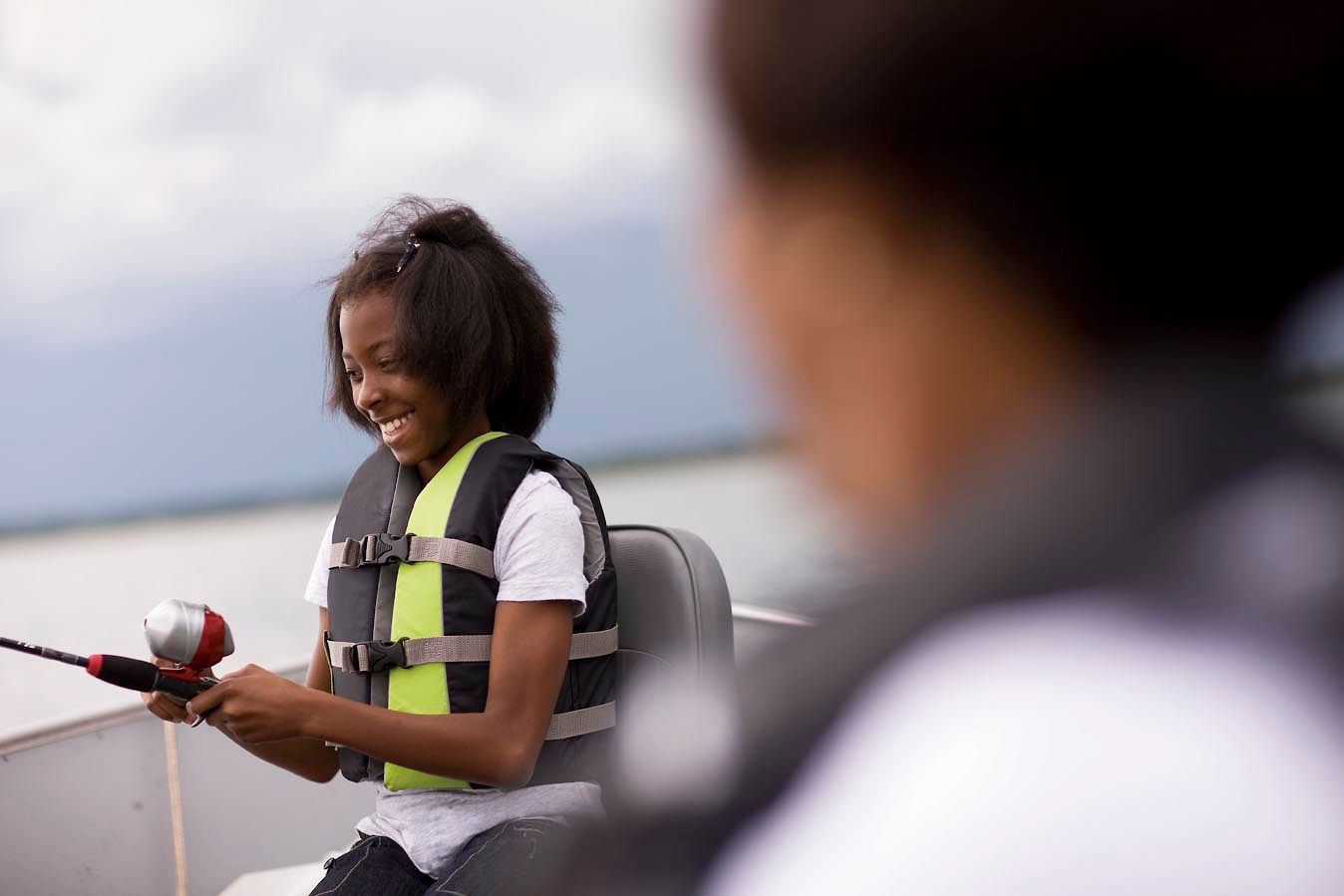
The U.S. Coast Guard’s 2024 Recreational Boating Statistics Report records the fewest boating fatalities since the Service began collecting statistics more than 50 years ago. The Coast Guard released the report Tuesday, July 1, 2025.
Boating fatalities were down 1.4 percent from 564 in 2023 to 556 in 2024, continuing a
“This positive news reflects the hard work of the U.S. Coast Guard and the recreational boating safety community. Thanks to their efforts countless families have been spared the news of a tragic loss,” said Jim Emmons, Water Sports Foundation Executive Director.
“The Water Sports Foundation began media outreach campaigns to American boaters in 2011. Since then, annual boating fatalities are down 26.6 percent, representing 202 fewer boating deaths every year,” Emmons said.
The reduction in fatalities in 2024 came even as overall incidents increased by 1.1 percent, from 3,844 to 3.887. Nonfatal injuries increased 2.1 percent from 2,126 to 2,170.
Alcohol continued to be the leading known contributing factor in fatal boating accidents in 2024, accounting for 92 deaths, or 20 percent of total fatalities.
The fatality rate was 4.8 deaths per 100,000 registered recreational vessels, a 2 percent decrease from last year’s rate of 4.9 deaths per 100,000. In 1971, when the Safe Boating Act was first passed, the rate was 20.6 deaths per 100,000. Property damage totaled $88 million, and operator inattention, improper lookout, operator inexperience, machinery failure and navigation rules ranked as the top five primary contributing factors in accidents.
“Boating under the influence is not only illegal but it is also dangerous,” said U.S. Coast Guard Capt. Robert Compher, inspections and compliance director. “The effects of alcohol can be magnified when boating in the sun and on a moving vessel. Staying sober protects you and those around you.”
Deaths occurred predominantly on vessels operated by individuals who had not received boating safety instruction, accounting for roughly 70 percent of fatalities. Open motorboats, personal watercraft and cabin motorboats were the vessel types most involved in reported incidents.

The report noted an increase in deaths on standup paddleboards. Drowning accounted for three-quarters of deaths, and 87 percent of drowning victims were not wearing life jackets. The Coast Guard reminds boaters to wear serviceable, properly sized and correctly fastened life jackets, and encourages boaters to check the weather and water conditions before getting underway.
The data in the report is based on incidents that resulted in at least one of the following: death, disappearance, injury that required medical treatment beyond first aid, damage to the vessel(s), or other property equal to or greater than $2,000 or a loss of vessel.
“We thank our federal, state and nonprofit partners who strive to make the nation’s waterways safer. We also thank recreational boaters who follow safe boating,” said Compher.
In addition to wearing a life jacket and taking a boating safety course, the Coast Guard recommends all boaters attach the engine cutoff switch, get a free vessel safety check and boat sober.
The full 2024 Recreational Boating Statistics Report is available here.
About the Water Sports Foundation
The Water Sports Foundation (WSF) is the non-profit educational arm of the Water Sports Industry Association (WSIA.net). The WSF National Public Relations Outreach including this press release is produced under a grant from the Sport Fish Restoration and Boating Trust Fund, administered by the U.S. Coast Guard.
More Information:
Jim Emmons, Water Sports Foundation Executive Director
jim@watersportsfoundation.com
407-719-8062




One thought on “Boating Fatalities Fall to Lowest Level in More Than 50 Years”
Comments are closed.